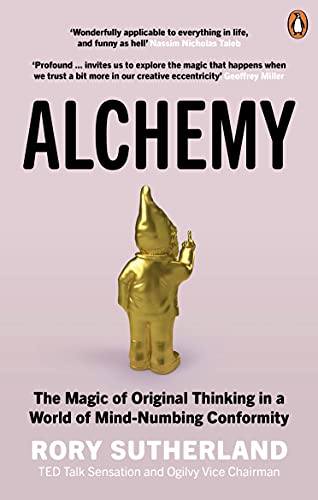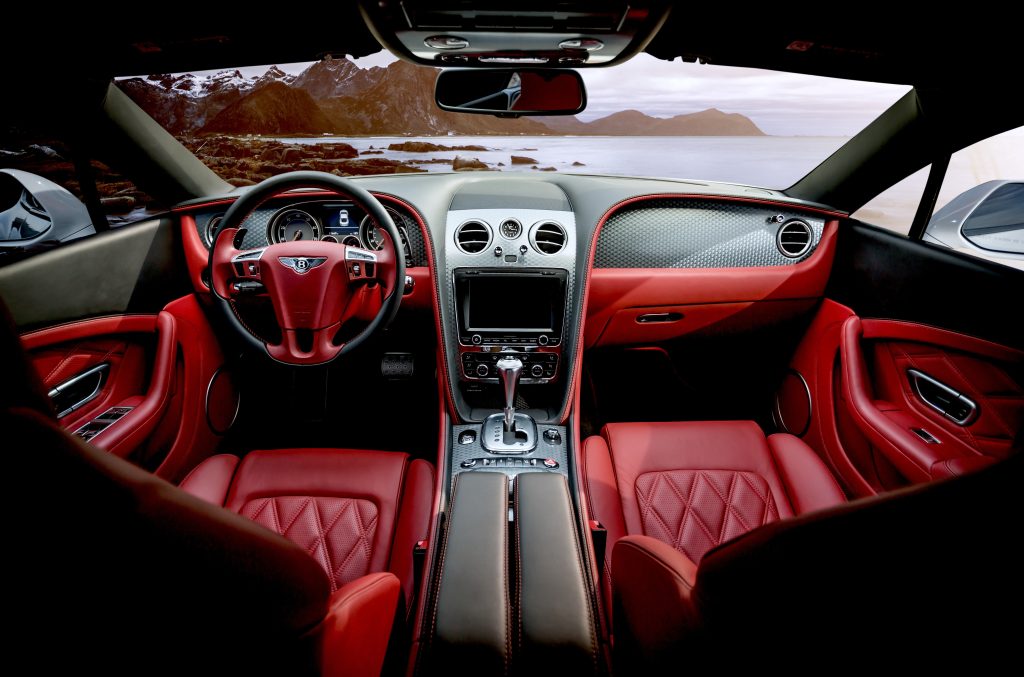Luxury Marketing Strategies: Today's Generation

Grandma, would you mind lending me the Kelly bag?
There's something fascinating about the way luxury intersects with the financial markets.
The staggering $30 billion aggregate market cap loss suffered by the industry in May (BOF, Luxury Stocks Lose $30 Billion in One Day on Demand Fears) and the more recent Richemont's 5% decline (BOF, Richemont Drops on Signs Luxury Demand Falling in US, China) captivate us more than the ups and downs of, say, the car market, both new and pre-owned, fixed income, or the now struggling commercial real estate.
It's easier to relate to tangible objects like a watch, a pen, or a belt, and for the fortunate few, to collections of such items. Even the financial abstraction, the stock market value of those possessions, holds an allure that is just unthinkable for any other “regular” metrics such as the ones tracking numbers on Manhattan skyscrapers office vacancies.
Anytime we encounter numerical entities that go beyond our grasp, LVMH becomes the first European company to hit $500bn market value, FT -can you really make sense of 500 billion..?- whether they're in the green or red, our eyes widen, and we instinctively touch our watches—or any other magical talismans we happen to have - that now come alive with a financial prowess we never really bothered to consider in its magnitude. It's as if we're saying, "That's me!"
I too am part of that world, of those large numbers that, unlike “regular” stock indices, we can touch and “experience” firsthand via their precious worldly embodiment.

Luxury Marketing and Luxury Sagas
Anytime we step into the grand luxury stores, better said, "luxury cathedrals," we do not just proceed to “buy stuff” but we rather embark on an actual “pilgrimage”.
There, we are greeted by prophet-like sales reps solemnly spreading the word of different “creeds”.
They invite us to enter a realm that transcends the confines of physical space. The experience elevates us, making us feel, right there and then, true protagonists, active participants in luxury sagas we can read of in pink financial papers and glossy magazines or watch on Netflix.
While we contemplate watches, discussing dials, and nonchalantly “dropping” archaic references with a grin of complacency that will boost our ego for the next two weeks we do feel empowered, changed, just better overall, merely at the thought of acquiring our next little, or big, treasure. Value, just as expenditure, is always a relative measure.
Luxury has the ability to create a positive emotional vortex even between a “soulless” entity such as a “stock/share” and its perceived value.
Mr. LVMH's analysis on the subject is spot on, as one would expect: “I'm going to disappoint you, but desirability is proportional to value," he said. "LVMH shares are also a luxury product”. (Will the extraordinary boom in luxury goods ever end? FT)

Mr. Arnault offers us a perspective often overlooked in the broad evaluations of luxury stocks. These stocks also fall in that plethora of peripheral symbolism upon which the luxury mystique is built.
But, at a closer look, that line of thought is not all that exotic, not to be relegated to the confines of discussion debating frivolous, almost immoral, topics such as precious silk and refined, hand-applied embroidery.
"A car is nothing other than a thousand mechanical parts and rational decision in search of a single emotion that makes them attractive and sellable"
(Kumar Galhotra, Head of Ford Motor North America).
So long to the financial artifice of the Homo Economicus and labor value theory.
Make way, finally, for the Homo Symbolicus on the central stage of international finance. He’s been knocking on the door since 1955: “The consumer is not as functionality oriented as he used to be — if he ever really was.' (Symbols for Sale, S.J. Levy, Harvard Business Review, March-April 1955).
Homo Symbolicus: Luxury for today's market
The luxury market and its financial projections are the quintessential embodiment of Van Mises's economic theory: drawing a separation between an actual, objective value and a subjective and personally perceived one makes no sense.

All contextual and so-called ancillary values contribute to the overall value-creation process.
Not sure? Try and have a 3-star meal while standing on a sidewalk kiosk. It does not taste that good. (Rory Sutherland, Ted talk Athens, Perspective is everything).
In a post-capitalist, post-Fordist, and even post-Tomfordist economy—characterized by abundance and immediate access to anything, anywhere, at any time at the click of a button—the consumer's preference is the key economic driver, the only one that can give actual meaning and relevance to the labor theory of value.
Only a car that is sold to and driven by a human has value. The ones laying in outdoor parking lots do not. Those are just assembled mechanics and electronics. A car that is not driven is not a car. It’s a mere economic potentiality.
Given the monetary interests (translation: consulting) that gravitate around that immense body of work that posits the atomized, perfectly informed, and coldly value-maximizing individual at its core, it is not a wonder that the “all-encompassing and all knowing-multi-colored-chart and infinite-spreadsheet-approach” is still dominant and also believed by ever more quizzed buyers that are convinced to have no other choice since…everybody is, still, doing it.
But the reality is dawning. Charts no longer do. (Our volatile age defies spreadsheet strategy, G. Tett, FT)
Words, when worthy of this name, cut to the chase in a much more pragmatic, intuitive way projecting an animated image, in lively sound and colors that we can immediately relate to as we experienced it in our “real” lives.

"Grandma, can you lend me the Kelly bag?" perfectly encapsulates the spirit of our time.
Luxury Boom: new marketing goals
The image, majestically coined by Rana Foroohar on the pages of the Financial Times (Luxury boom shows the staying power of the ultra-rich), of a young woman asking her grandmother the permission to borrow the iconic Kelly bag perfectly captures the exceptional essence of luxury and of our times in general.
Luxury has never operated on the post-rationalization logic permeating the now, not surprisingly, much troubled "value" segment. Instead, it has always targeted something far more elusive, undefinable, unquantifiable, and infinitely more strategic and important—a mindset passed down through generations.
As Daniel Langer, one of the leading experts in the field, puts it (In Luxury, Mindset Is All That Matters, Jing Daily), it is only that intangible asset, that mental approach, much before any strategic elaboration, that can preserve luxury within the realm of dreams, a realm so cherished and yet so inaccessible by all the value creation “rationalists”, the “reductionist Newtonians” as Rory Sutherland puts it (Alchemy, The Magic of Original Thinking in a World of Mind-Numbing Conformity, Rory Sutherland).
The industry news constantly bombards us with headlines about executive changes (Kering tries to fix Gucci with management overhaul; FT) and alliances and strategic acquisitions by major players to ensure the efficiency and sustainability of value chains (Italian Fashion Groups Set Aside Rivalries to Preserve 'Made in Italy'; BOF). These are all valid endeavors that warrant pursuit and implementation.
However, the risk of solely relying on what can be quantified, explained, aggregated, maximized, and reported with apparent objectivity as the ultimate strategic horizon is the most perilous path one can take.

The correctness and logic of the decision-making process alone do not guarantee ensuring strategic soundness. All aggregate data analysis is useless if an emotion is not sparked.
If luxury is losing ground, as it seems, it means it is not creating real, meaningful value. So, it is not luxury by default. Today's economic challenge, at large, is not to just create perfectly functioning objects but object-cause of desire. Lacan “nailed it” and so did, in 1901, W.R. Leach in his seminal work The Land of Desire: “Without desire, a market can never truly thrive”.
So, dear grandma, could you please lend me the Kelly bag?
Marco Gianni Esq.
Head of strategy at https://www.hologramcommunication.it



